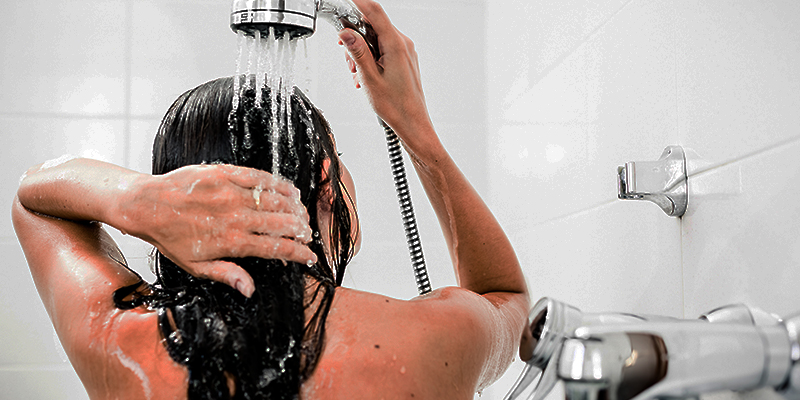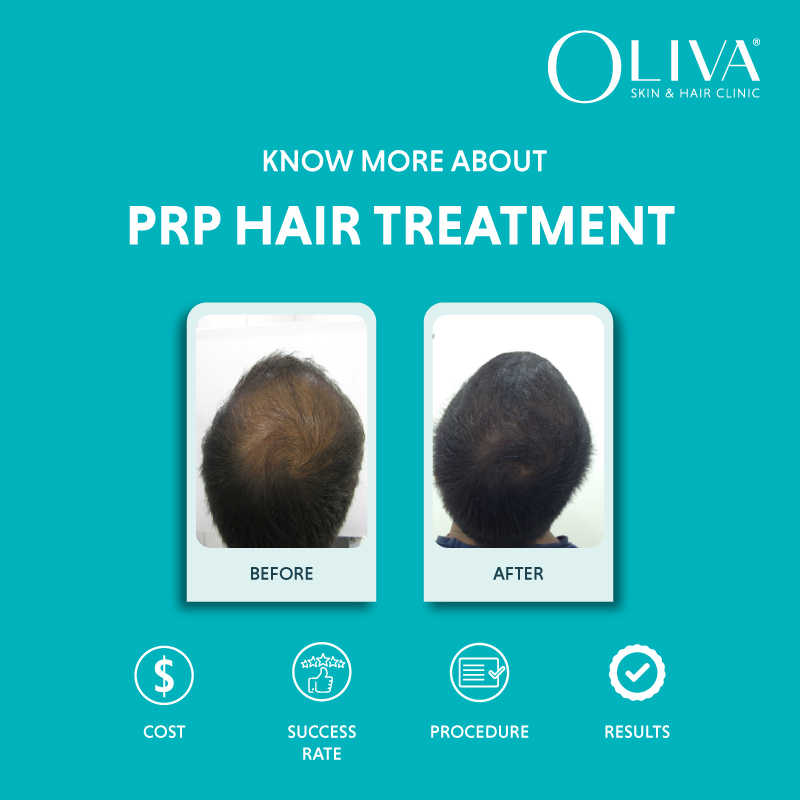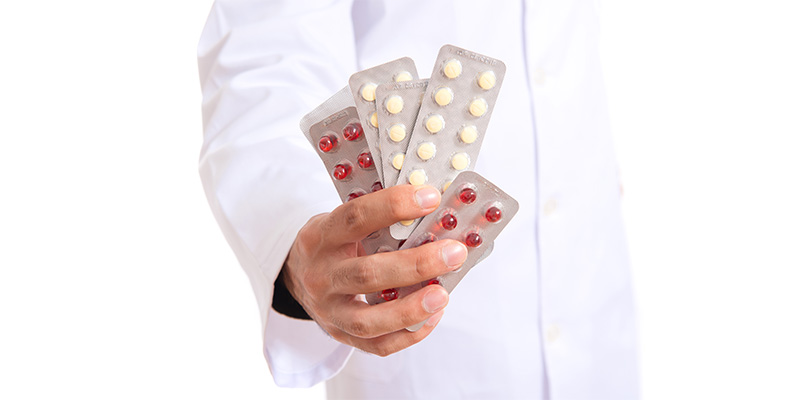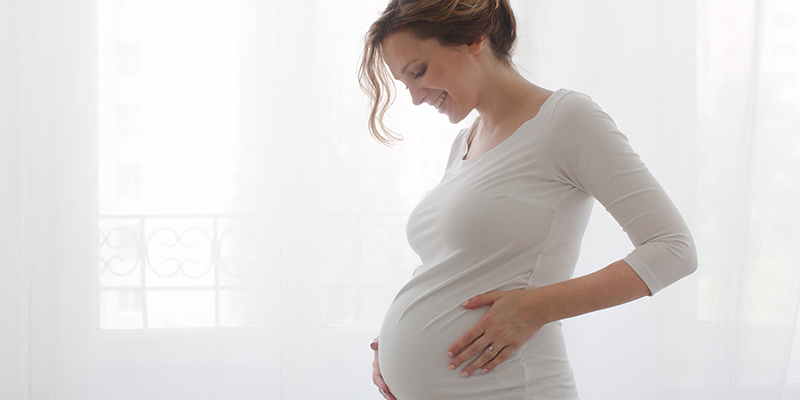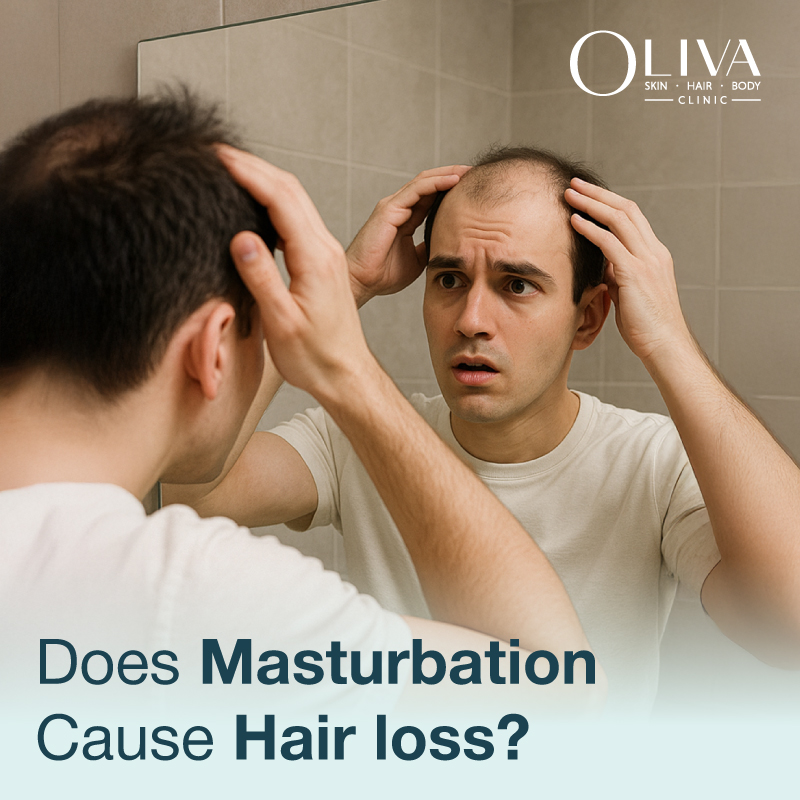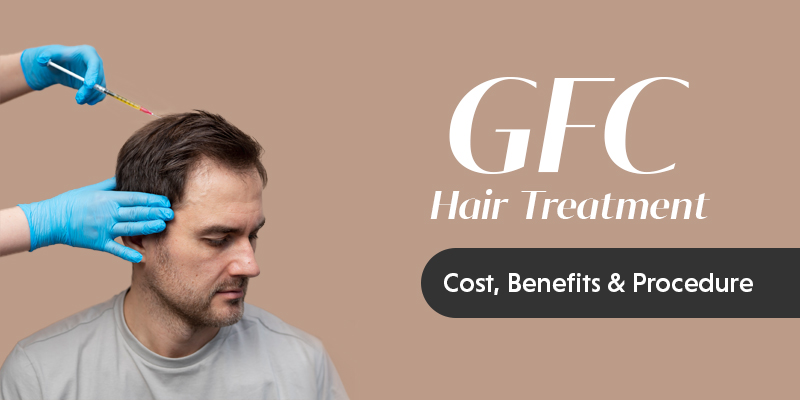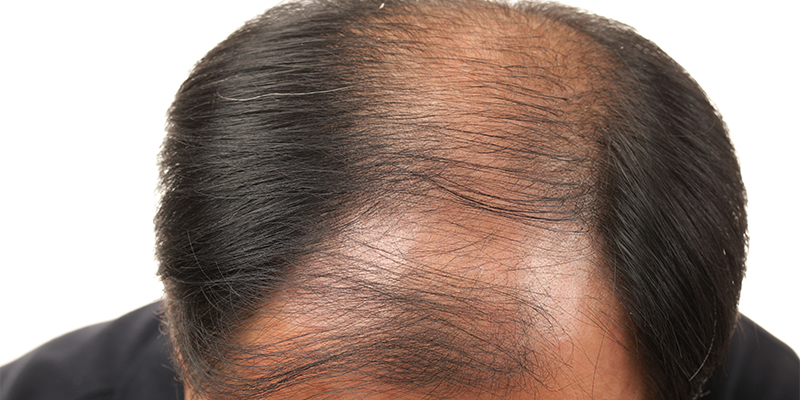Does Hard Water Cause Hair Loss?
Are you noticing acute hair loss every time you wash your hair? Do you suspect hard water to be the culprit? Well, read this article to find out if hair loss due to hard water is a fact or just another fad!
Does Hard Water Cause Hair Loss?
Hard water does not lead to hair loss directly but can lead to hair breakage after prolonged use. Research studies prove that hard water does not have a direct effect on the tensile strength and elasticity of hairs. However, the high concentration of minerals such as calcium carbonates, magnesium sulphates, and toxic lead and chlorine in hard water can play havoc with our hair health.
Our hair starts becoming dull, lifeless, and prone to breakage, which some of us notice in the form of hair loss. It is not due to the direct effect of minerals on hair; rather, the salts present in hard water interfere with the cleansing properties of shampoos and leave behind a scum on the hair strands. This impedes the ability of shampoos to remove unwanted dirt and excess oils from the hair strands and leaves an impression of virtual thinning of hairs!
Hair Loss Due To Hard Water Is A Myth!
The increased rate of urbanisation has depleted the availability of soft water resources across all major cities in India. Also, water pollution is a growing problem. However, dermatologists maintain that hair loss, breakage, split ends, or dry, frizzy and lifeless hair, are concerns caused by other factors linked to our health, nutritional status and genetics. If you feel your hair is receding at an accelerated rate, or you believe your hair loss is due to hard water, you must share your doubts with a dermatologist. The facts may surprise you!
Must Read: Non-Surgical Hair Loss Treatment
Water Quality And Hair Loss
There is no direct correlation or scientific evidence that indicates hair loss occurs due to the poor quality of water alone. However, different types of water can have a considerable effect on the health and texture of your hair.
-
Soft Water:
Filtered, purified and free of contaminant, soft water has the least amount of damaging salts or minerals, making it the best bet for washing your hair. It will have no negative impact on hair health, scalp or hair follicles.
-
Saltwater:
Sea or ocean water contains high concentrations of various salts that make the hair extremely brittle and prone to breakage.
-
Rainwater:
Rainwater may be the purest form of water, but it usually contains pollutants present in the air, making it even more harmful for hair. Polluted rainwater can cause hair breakage, itchiness, dry hair, and also precipitate dandruff if you use it repeatedly for washing your hair.
-
Chlorine Water:
Chlorine is usually added to water for disinfection, especially in swimming pools. The repeated use of chlorinated water may damage the hair follicles, making them weak, dry, more porous and prone to breakage. Sometimes chlorine can cause discolouration of hairs as well. However, you can prevent the hair damage easily by minimising the exposure.
-
Groundwater:
Sourced from bore wells, groundwater, contains increased mineral and salt content. When used over time, it makes your hair thin, brittle and lustreless.
Can You Prevent Hair Damage?
Excessive hair breakage or textural change due to hard water is a reversible condition. The first step is to stop using hard water altogether and work on bringing life back to your hair. Consult an experienced dermatologist to understand how to change your hair care routine and which products to use to undo the hair damage.
Must Read: What Is The Cost Of PRP Hair Regrowth Therapy?
How To Prevent Hair Damage Due To Hard Water?
Follow the below tips to prevent hair damage due to hard water:
- Either install a water softener over your taps or use distilled water to wash your hair. Avoid using hard water completely.
- Always wear a swimming cap to protect your hair from chlorinated water while using a pool.
- As hard water dehydrates your hair, it is essential to hydrate and moisturise your hair using a suitable hair conditioner and mild shampoo.
- Use a dermatologist-recommended clarifying shampoo once a week to get rid of any mineral build-up on your scalp.
- Use bottled water or filtered water for the final rinse while washing your hair.
- Avoid exposing your hair to acidic rainwater as it may carry harmful pollutants.
- Use leave-in conditioners to impart extra strength and softness to your hair.
- Remember, chemically treated hairs like coloured hairs and permed hairs are relatively more prone to damage by the minerals in the hard water. You need to take extra care of them to prevent further damage.
Can A Dermatologist Undo The Hair Damage?
A dermatologist will assess the condition of your hair and the extent of damage caused due to hard water before suggesting a suitable treatment option. He will note the details of your medical history and examine your hair and scalp condition to rule out other possible causes of hair fall. He will customise a treatment plan to manage the hair damage accordingly and prevent hair loss.
Investing in a tap-water filter is a simple step to prevent hair damage due to hard water. However, it is advisable to seek the advice of an experienced dermatologist to get a customised solution for reversing the hair damage incurred and preventing hair loss.
Our certified subject matter experts do extensive research and collate facts from reputed scientific journals and international studies to create informative and engaging articles related to all your dermatology concerns. They strive to help you decipher medical jargon, distinguish fact from fiction and overcome paranoia. Our qualified medical board or expert panel goes a step further to verify these facts based on their rich academic knowledge, vast clinical experience and critical industry insights to ensure you consume only medically accurate content that empowers you to make informed decisions about your hair and skin-care treatments and weight management. Check out our Editorial policy for further details
https://www.britannica.com/science/hard-waterhttps://www.ncbi.nlm.nih.gov/pmc/articles/PMC3927171/
https://www.ncbi.nlm.nih.gov/pmc/articles/PMC3129123/
https://www.healthguidance.org/entry/15186/1/hard-water-hair-damage.html


